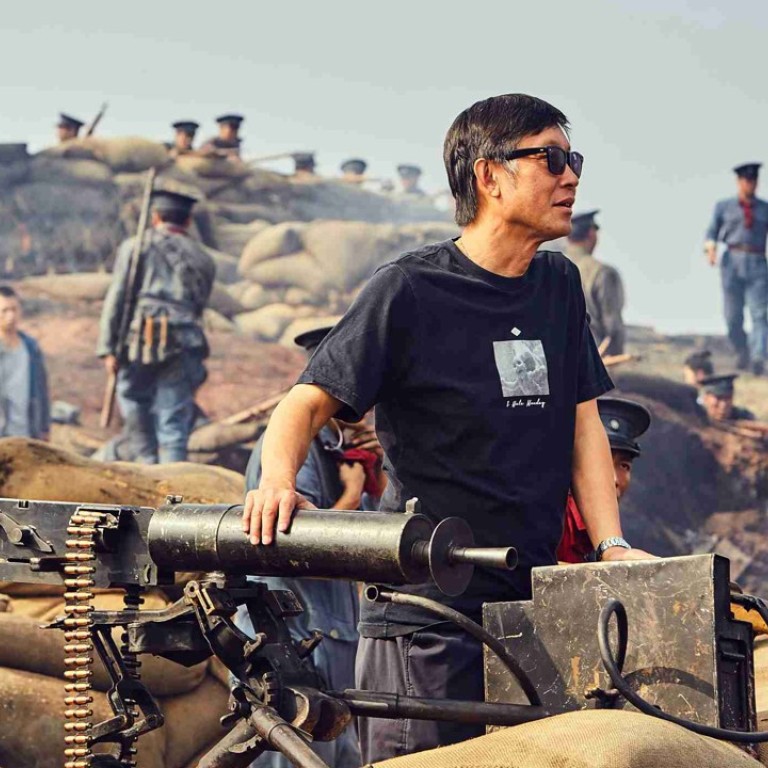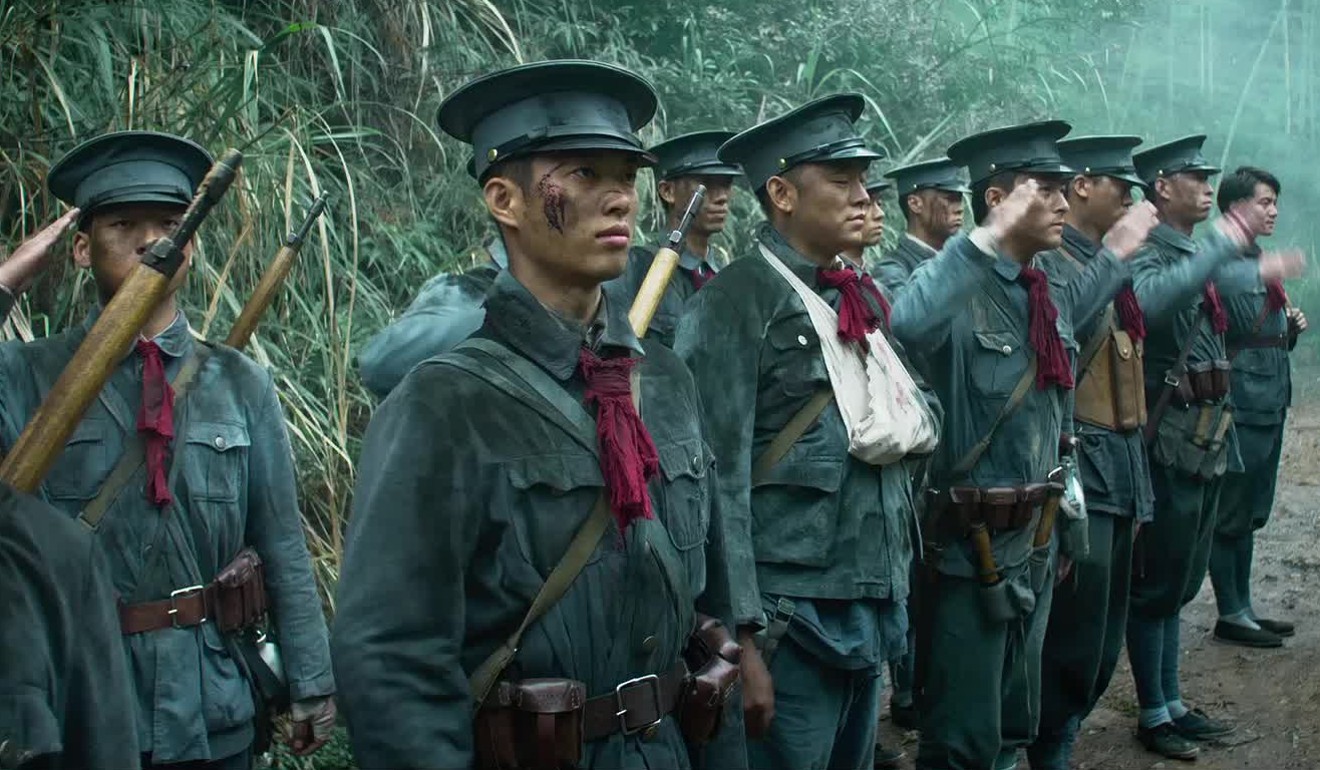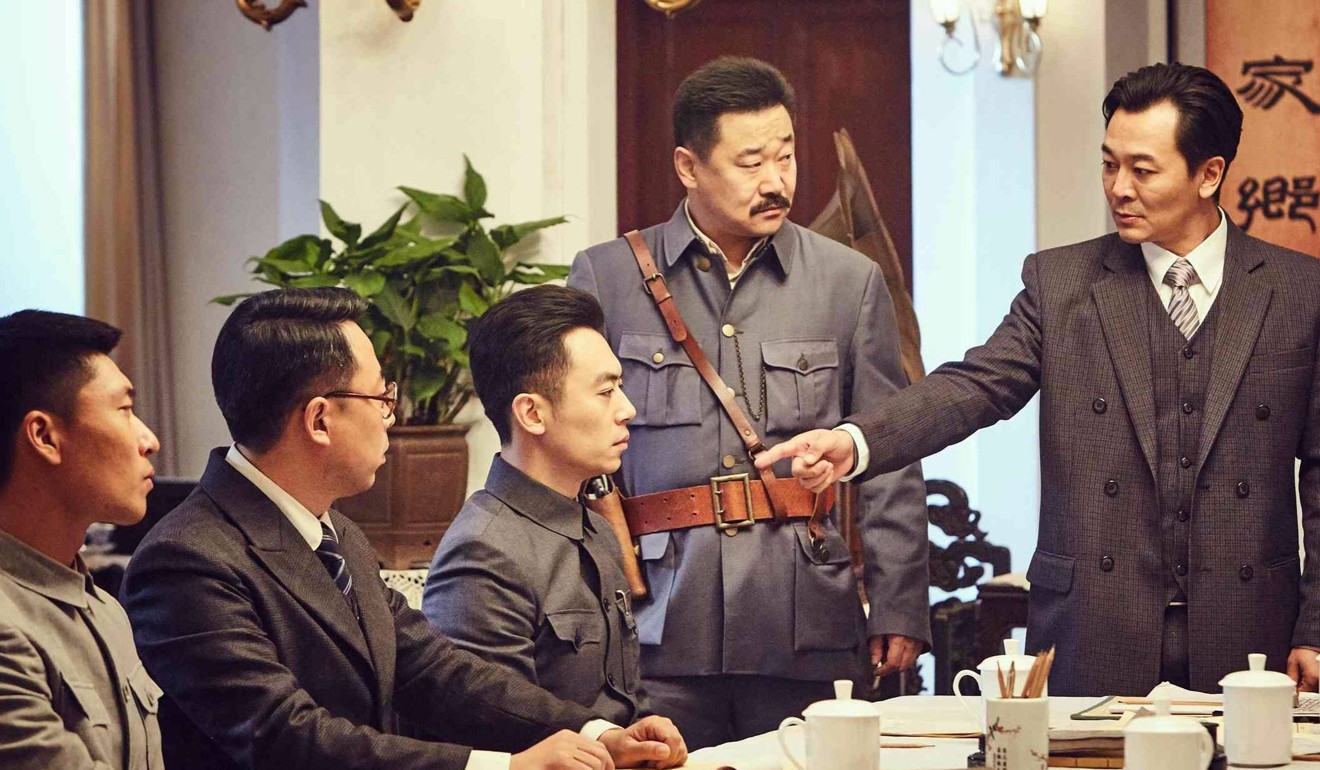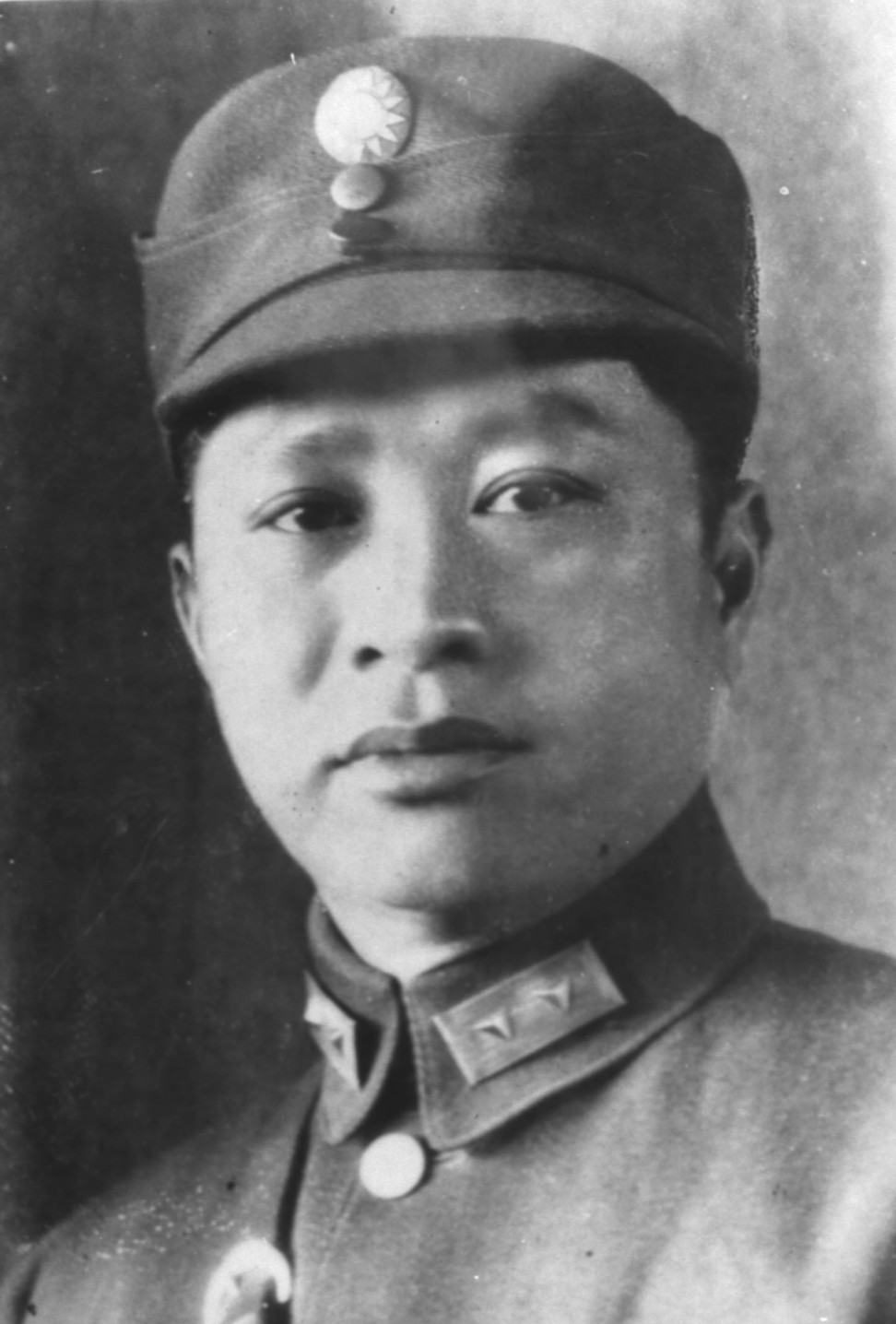
Film about founding of China’s military slammed by grandson of one of its central characters
Producers criticised for not seeking authorisation from descendants of revolutionary leaders and use of ‘pretty boy’ actors
A film commemorating the 90th anniversary of the founding of China’s military has been criticised by the grandson of a famous revolutionary leader for not obtaining authorisation from the relatives of its central characters.
Ye Daying – grandson of the late Communist General Ye Ting – on Thursday launched an official protest against The Founding of an Army to the State Administration of Press, Publication, Radio, Film and Television in an open letter signed by himself and other descendants of renowned military figures, such as Communist Generals Zhu De and Ye Jianying.

A copy of the letter was posted online on Thursday, the same day the movie was released on the mainland.
The film, directed by Hong Kong-based Andrew Lau Wai-keung and set in the 1920s, is part of a trilogy, following The Founding of the Republic in 2009 and The Founding of the Party in 2011.
“It is surprising and worrying to see [the] producers hired an entertainment movie director who is no expert of revolutionary history,” the letter said, adding that its production team had put box office takings ahead of historical facts.
“It is a good thing to see excellent young actors playing revolutionary martyrs ... but letting a comedian play a martyr, and promoting the film with ‘little fresh meat’ will do no good ... [and provides] a foundation for historical nihilism,” Ye wrote.
On Tuesday, Ye wrote on social media that the casting of “little fresh meat” – a Chinese expression for handsome young actors – to play central characters, including General Ye, in The Founding of an Army was “distorting and insulting” revolutionary history.

In Thursday’s letter, the signatories also demanded the film’s producers apologise to all participants and family members of those who took part in the August 1 Nanchang Uprising of 1927, the first major engagement between Communist and Nationalist forces during China’s Civil War.
Meanwhile, in an interview published on Thursday in China Film News – an industry publication overseen by the state censor – the movie’s producer Huang Jianxin explained that the casting of the “little fresh meat” actors was appropriate as it would help to make the film more appealing to younger audiences.
Huang also praised Lau for his modern narrative and the fact he had conducted extensive historical research.
“A good script can be finished off by any director,” he was quoted as saying. “Who says it must be directed by a locally born talent?”



